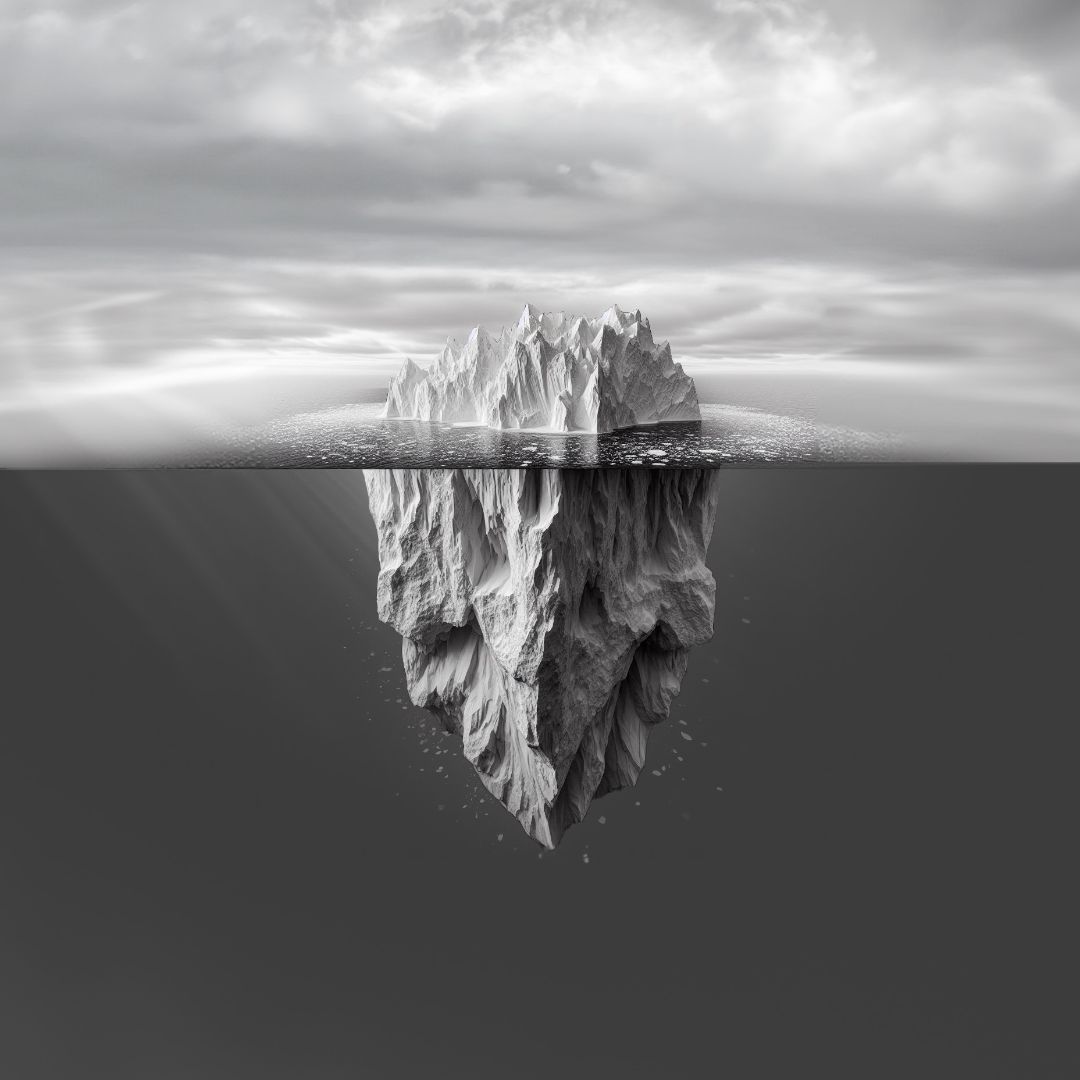| Name: | Rescue |
|---|---|
| Level: | Intermediate Level Sports Technical Education |
| Duration of the training cycle: | 1,035 hours |
| Initial cycle: | 375 hours |
| Final cycle: | 660 hours |
The initial cycle of these studies prepares students to lead, instruct, direct, and conduct initiation into aquatic environments and sports in rescue and lifesaving. It also trains them to organize, accompany, and supervise lifeguards and users participating in activities, competitions, and events appropriate to this level. This is all done in accordance with the guidelines established in the reference program, the necessary prevention and rescue measures to guarantee user safety in pools and aquatic facilities (effectively intervening in assistance or rescue in case of accident), and maintaining an optimal level of quality that ensures the satisfaction of lifeguards and users of the activity and facility.
If you pass the course, you will obtain the initial cycle certificate in Rescue and First Aid.
The final cycle prepares students to adapt, direct, and lead basic training and technical improvement during the sports specialization phase of rescue and lifesaving. It enables them to organize, accompany, and supervise athletes and users participating in activities, competitions, and events; manage the necessary material resources; coordinate the activities of the technicians under their supervision; and organize activities, competitions, and events at the sports initiation levels. This ensures the safety of users in aquatic activities and natural aquatic spaces by maintaining constant and efficient surveillance, anticipating potentially dangerous situations, and effectively intervening in the event of an accident or emergency. All this is carried out according to the guidelines established in the reference program and with an optimal level of quality that guarantees the satisfaction of lifeguards and users participating in the activity and natural aquatic environments.
Curriculum
Initial cycle
Final cycle
Project work
Rescue drills
Organization of rescue drills in different environments (swimming pools, natural aquatic spaces) where students can apply the techniques learned in controlled situations that imitate real emergencies.
Objectives: Improve response capacity in emergency situations, develop teamwork skills, and evaluate stress management capacity.
Aquatic Accident Prevention Project
Creation of a community project focused on preventing accidents in aquatic spaces, including workshops, informative talks, and educational materials aimed at different age groups.
Objectives: Raise awareness about the importance of aquatic safety, promote safe habits, and reduce the risk of accidents in aquatic environments.
Design and Organization of Sports Lifesaving Events
Planning and execution of a sports lifesaving event, including swimming competitions, lifesaving tests, and other related activities.
Objectives: To promote sportsmanship, cooperation between participants, and interest in physical activity and water rescue as a sporting discipline.
Training Program for Lifeguards
Development of a specific physical and technical training program for lifeguards, focused on improving their physical condition, swimming skills, and rescue techniques.
Objectives: Optimize the performance of rescuers, ensure optimal physical preparation, and improve reaction capabilities and efficiency in rescue.
Study and Improvement of Safety in Aquatic Facilities
Carrying out a study on the safety conditions in one or several aquatic facilities, proposing improvements and practical solutions based on the analysis.
Objectives: Increase user safety, reduce the risk of accidents, and promote a safer aquatic environment for everyone.


